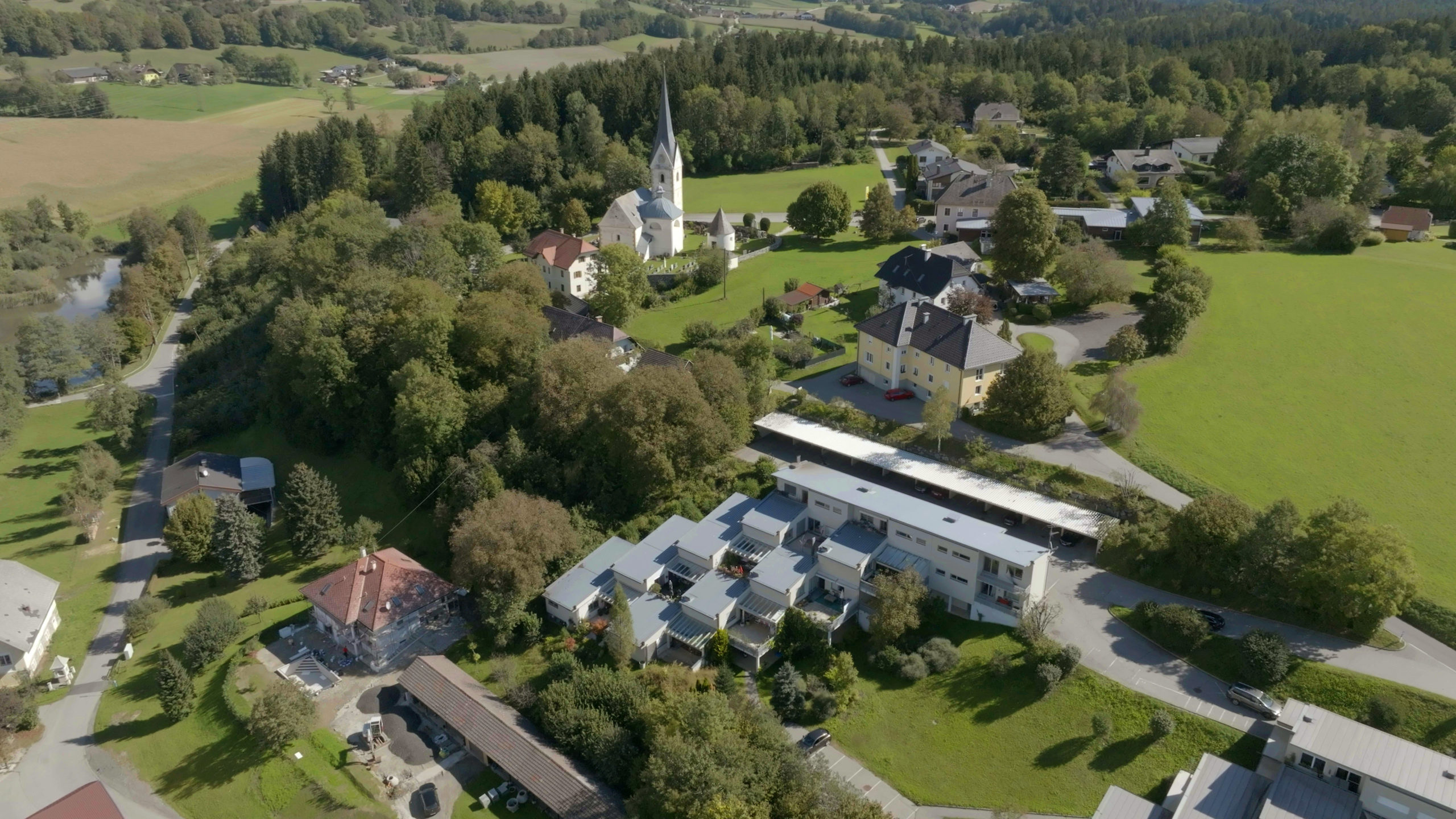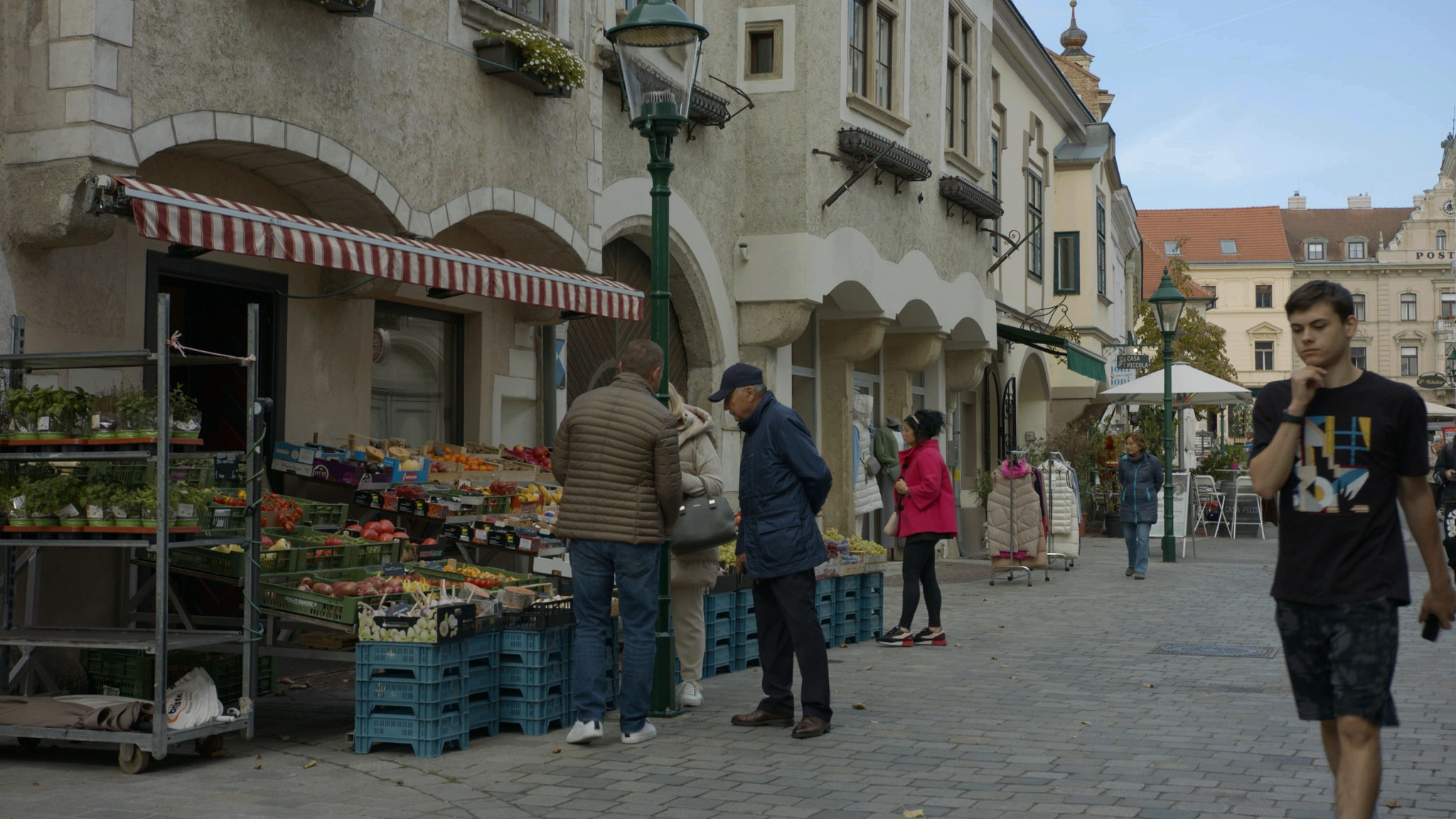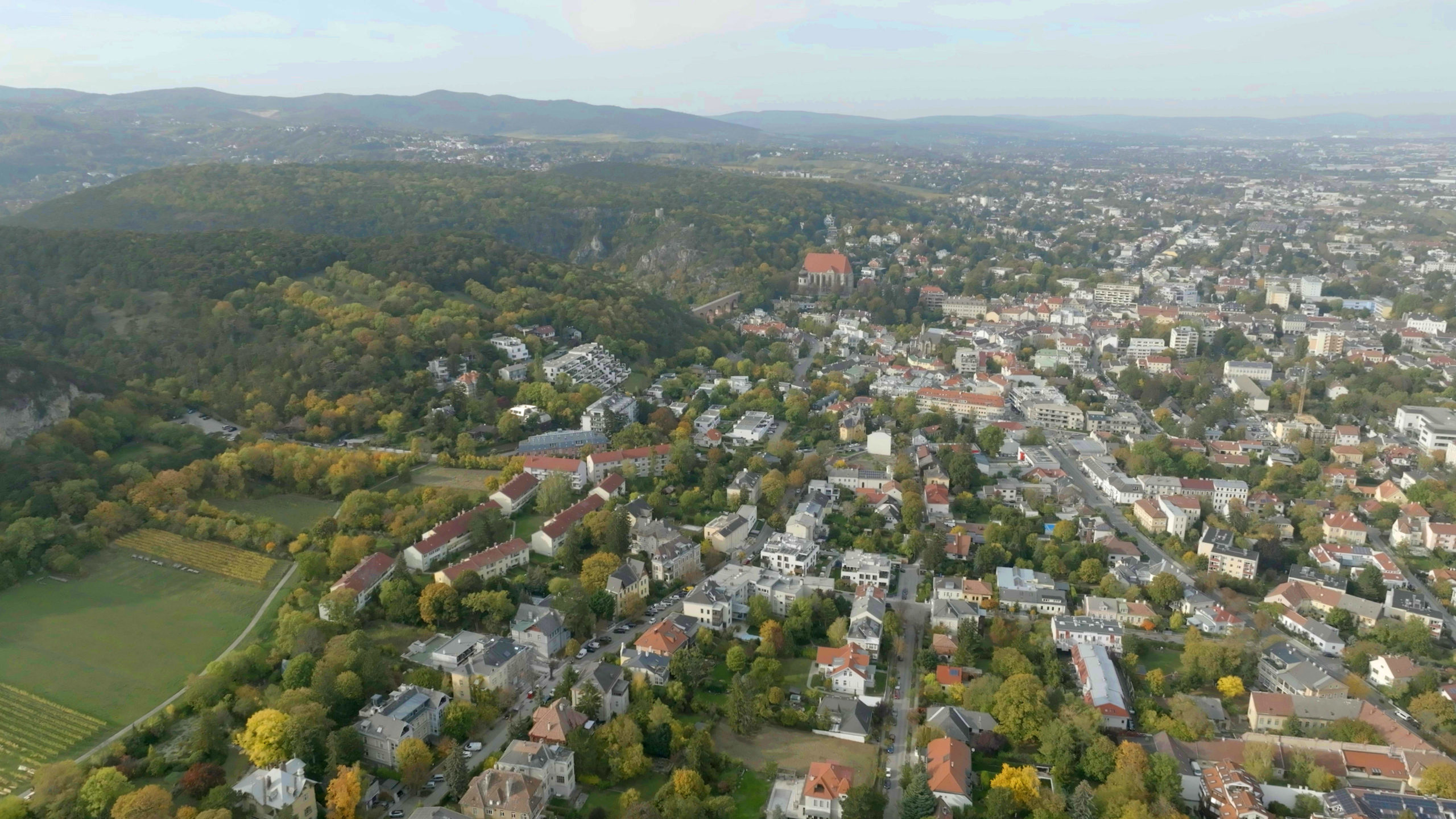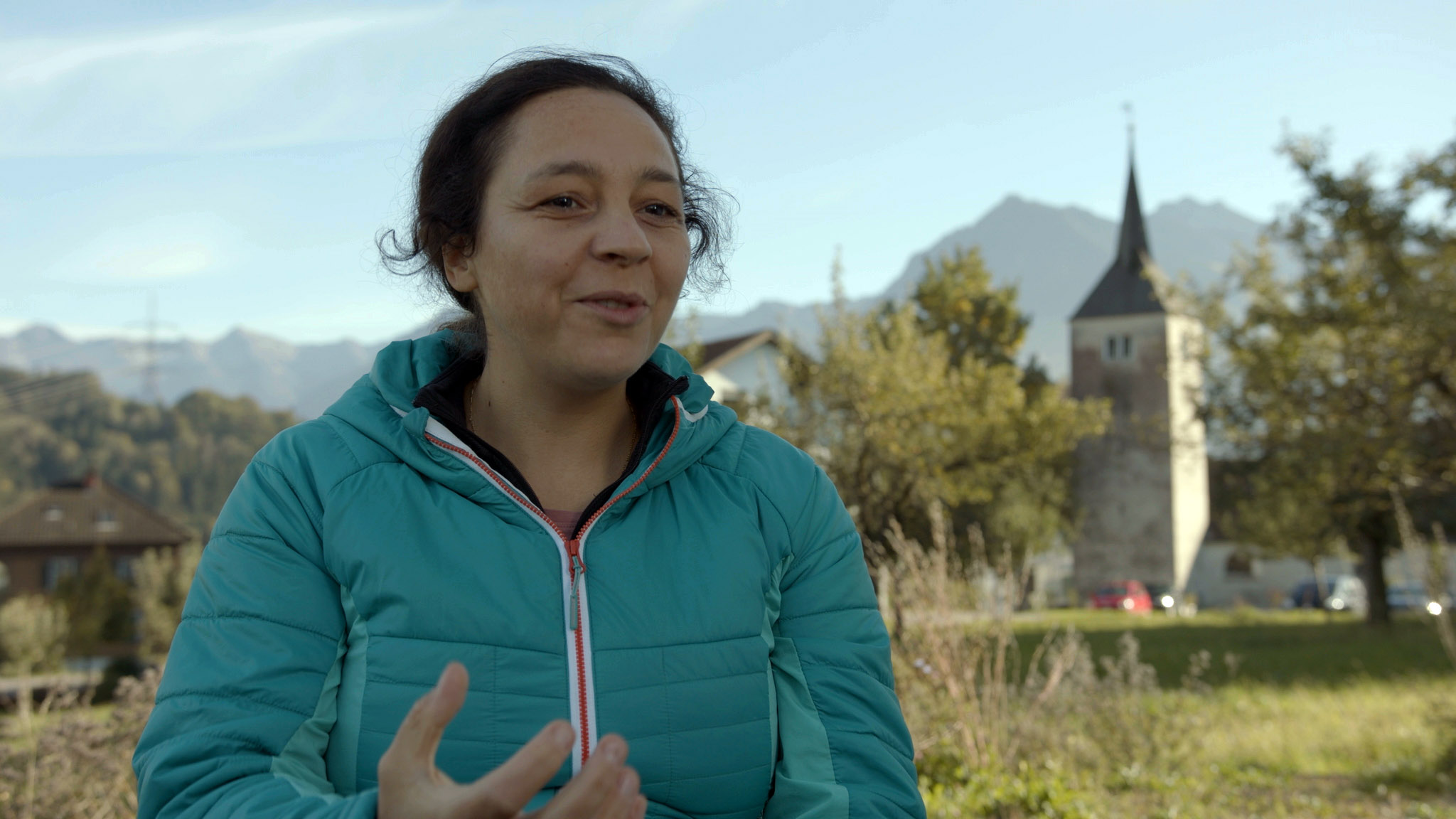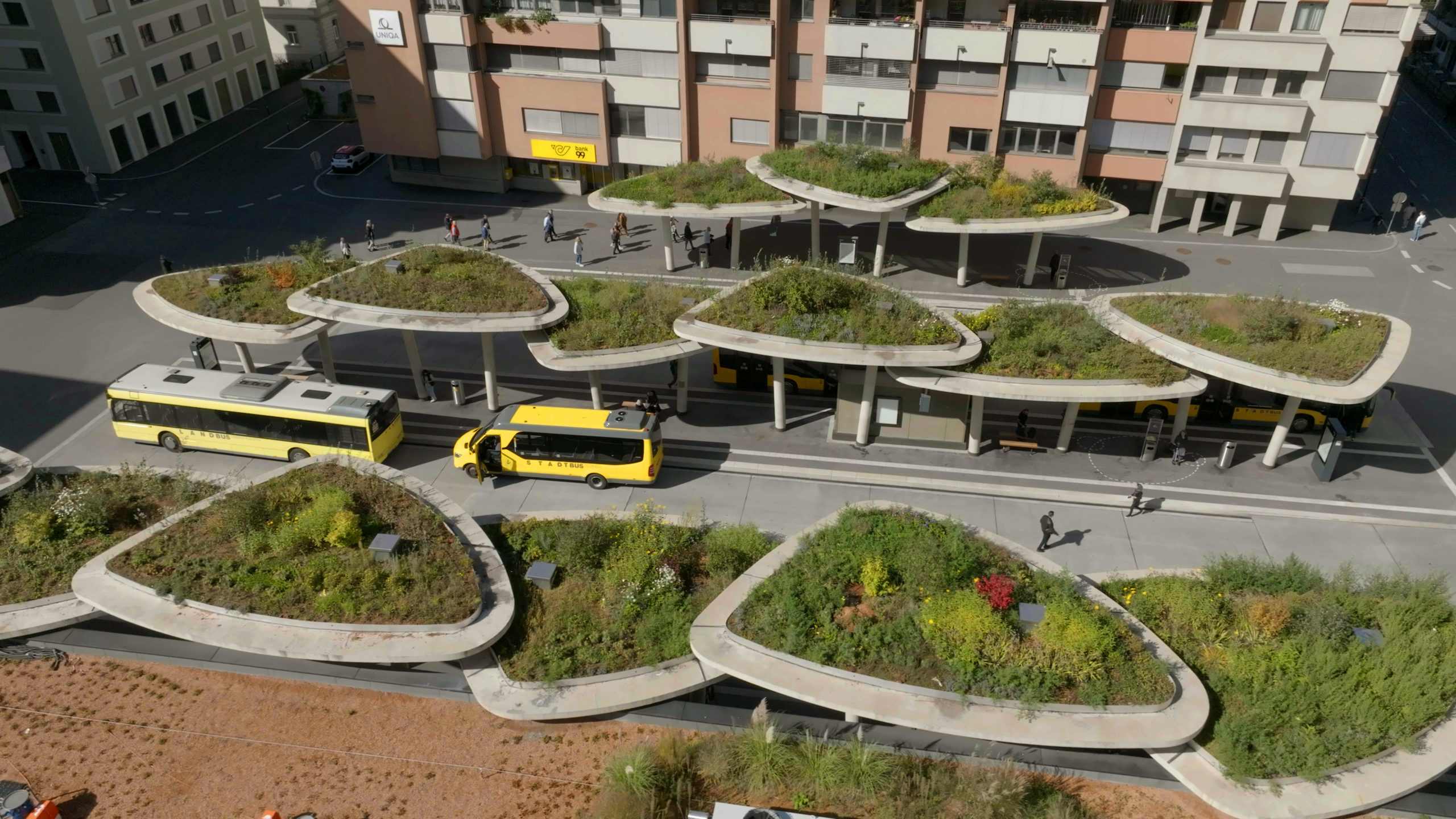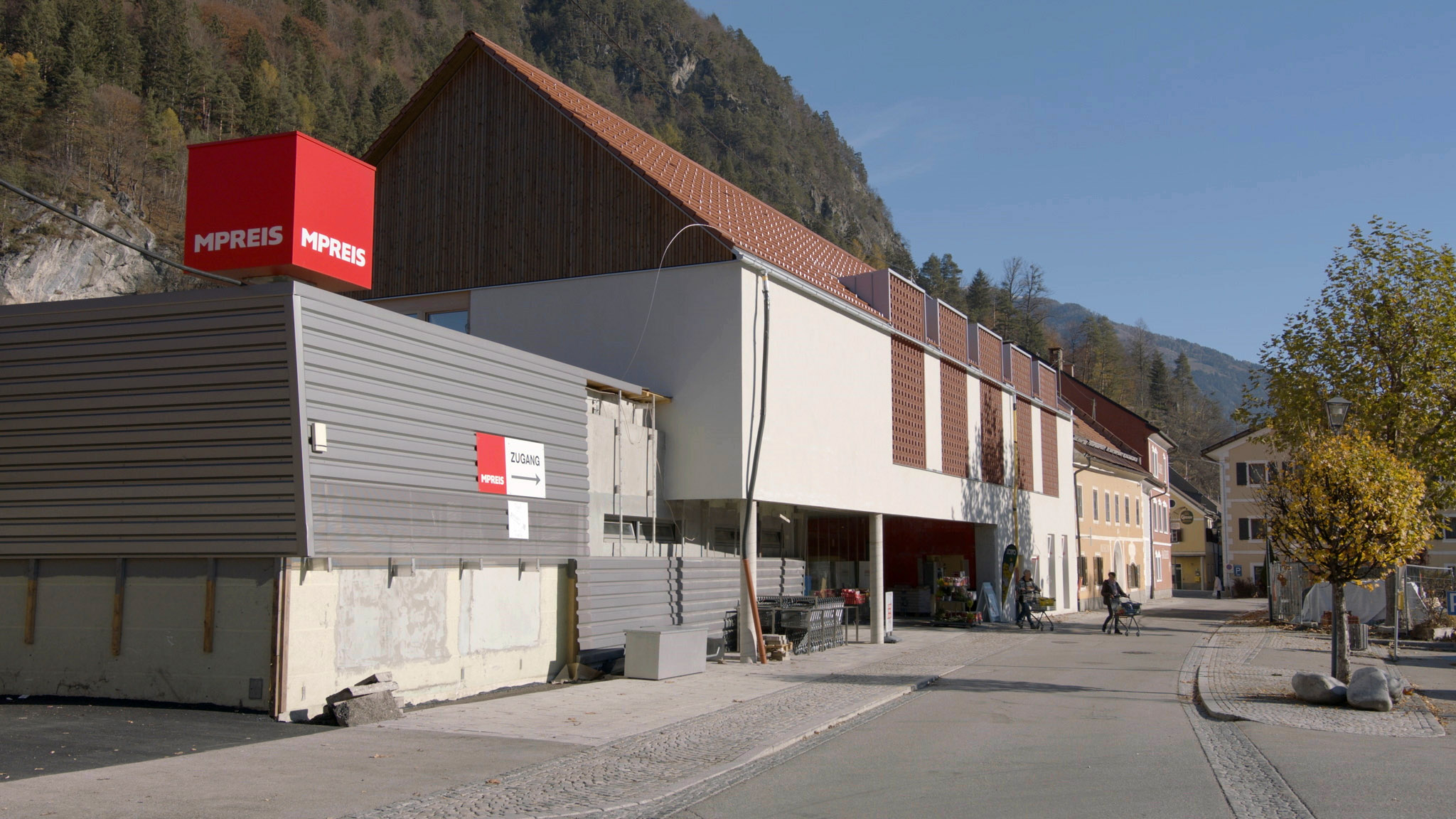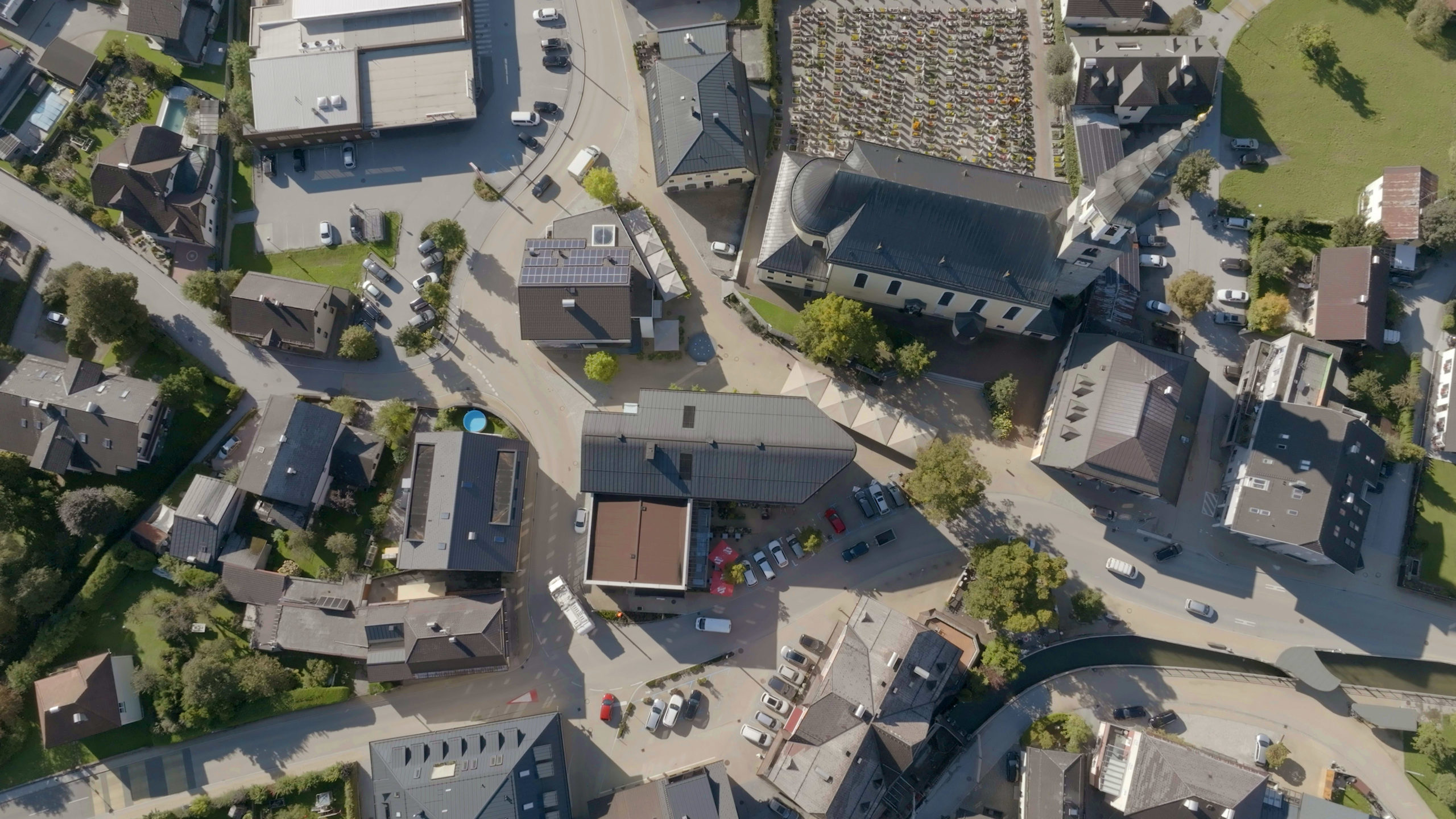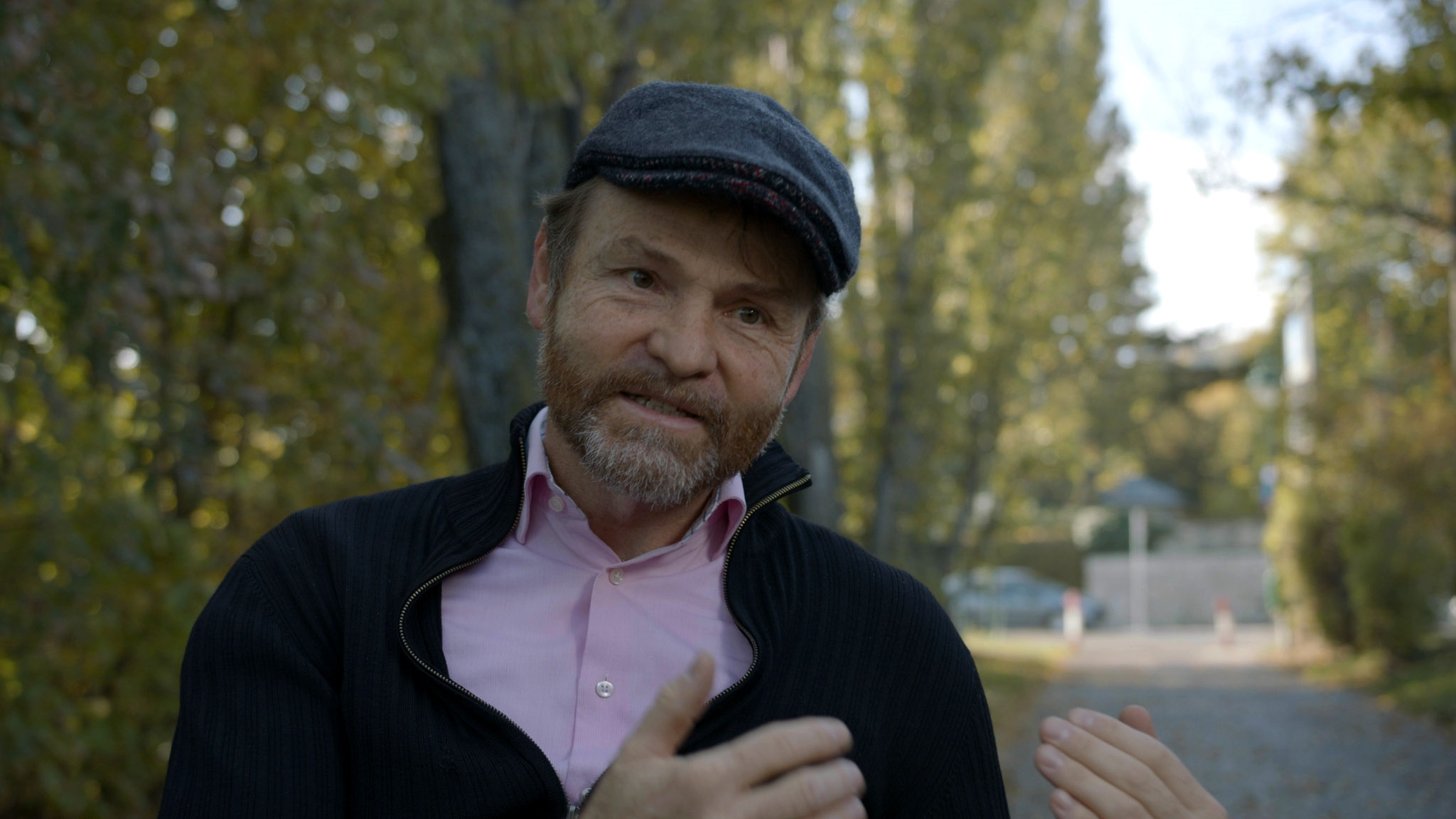Stadt Land Boden
2023, Österreich
A film by Robert Schabus
35 Minutes / 48 Minutes
Director, Script: Robert Schabus
Cinematography: Lukas Gnaiger, Robert Schabus, Helmut Sommer
Arial shots: Lukas Lerperger
Sound: Marie-Therese Vollmer, Bertram Knappitsch
Editing: Robert Schabus
Music: Manfred Plessl
Sound Design and Mixing: Andreas Frei, Nina Slatosch
Voice over: Eva-Maria Frank
Grading: Karim Shafik
Production: robert schabus // film, ORF and for the longer version with LandLuft
Soil is the basis of our lives - and a limited resource. We know this and yet, according to the Federal Environment Agency, which takes into account the average value of the past three years, an average of 11.3 hectares and thus around 16 soccer fields of biologically productive soil are lost in Austria every day. This consumption is more than four times higher than the official sustainability target. Not least because of the acute climate situation and the need to protect the environment, there is an urgent need for a rethink and, above all, a change of attitude. In some places, committed people have already started to do this and are setting a good example.
Every 4 to 5 years, LandLuft, an association for the promotion of building culture in rural areas, awards the "Baukulturgemeinde" - prize, which honors outstanding communities throughout Austria and brings those people before the curtain who are committed to good building culture in the countryside, in villages and small towns. One of the guiding principles here is: good building culture creates places worth living in. Most recently (2021), the prize was awarded under the motto "Use soil wisely!" and the focus was thus directed toward innovative handling of this precious resource. Criteria included active land policy, strengthening of town centers and dealing with vacancies.
For his documentary STADT-LAND-BODEN, filmmaker Robert Schabus visits seven communities that show positive examples in this regard, including the award-winning Baukulturgemeinden. He meets actors from administration and politics and citizens who actively shape their living environment in different ways. It is a journey across Austria that takes us to Feldkirch, Göfis, Mödling, Moosburg, Oberdrauburg, Thalgau and Trofaiach, where the focus is on the people.
In the market town of Moosburg in Carinthia, the focus is on how to strengthen the center and what an exemplary educational campus could look like. The associated village of Tigring is home to a positive example of social housing, planned by architect Eva Rubin. She talks about necessary trade-offs and the influence of architecture on social life.
Just how much land use affects social life is also evident in Thalgau in Salzburg's Flachgau region. "The square creates community" is what we hear here. What is meant is a church forecourt where weekly markets and events now take place, where "life takes place that wasn't there before." What was necessary for this and how participation processes contribute to acceptance and identification with the living environment, we learn here.
In order to be able to dispose of land and implement sustainable urban development on it, a strict dedication policy is required. This already has a long tradition in Feldkirch in Vorarlberg. Here, active efforts are also being made to reallocate building land. After all, foregoing building development and thus spending money on attractive building land also makes an important contribution to urban development, according to city architect Gabor Mödlagl.
Mödling, located close to Vienna's city limits, is specifically implementing climate change adaptation measures in public spaces. Urban trees play an important role in this. Mödling is the first "sponge town" in Lower Austria. Landscape architect Daniel Zimmermann illustrates what this means. In order to maintain the high quality of life and the attractive old town, Mödling benefits from an independent design advisory board for building matters. Member Susanne Veit-Aschenbrenner explains why the whole is more than the sum of its parts.
The mayor and the residents of Göfis in Vorarlberg are also aware of the advantages of a design advisory board. Here, citizen participation is visibly lived. Local councilor Caroline Terzer reports on the cross-fertilization between municipal politics and active citizens. And it becomes clear that it works here and why.
For it to work, you need people who care. And those who are willing to endure headwinds in order to bring about long-term improvement. Schabus also meets such people in Trofaiach in Styria. A successful transformation process has been set in motion here to counteract problems such as vacancies and the demise of centers. In order to jointly consider what this should look like, positive role models were also visited first.
At the end of the trip, we return to Carinthia/Koroška, where the so-called "Drauforum" is being built in Oberdrauburg 2023 with the support of the state. This is the superstructure of a supermarket, where a space will be created to provide a home for various associations from the surrounding communities. The move from mono to meaningful community multiple use is one of the aspects we encounter along the way in other exemplary places.
Each place has its own unique challenges. There are no patent remedies.
Everywhere, it is a matter of dealing responsibly and in a way that is fit for the future with the few areas that are still available to us.
What is clear is that Building culture affects us all. Let's talk about land. After all, it is nothing less than the basis of our coexistence.
